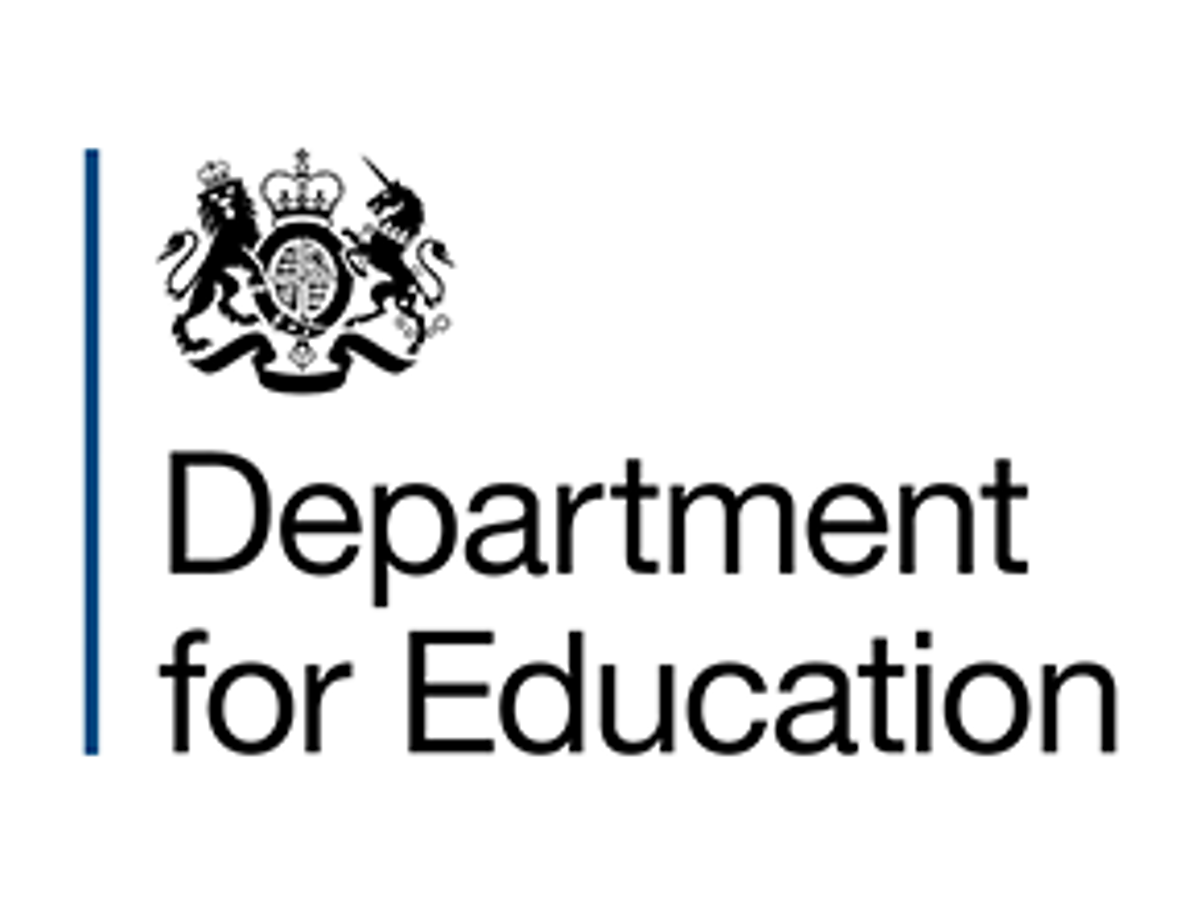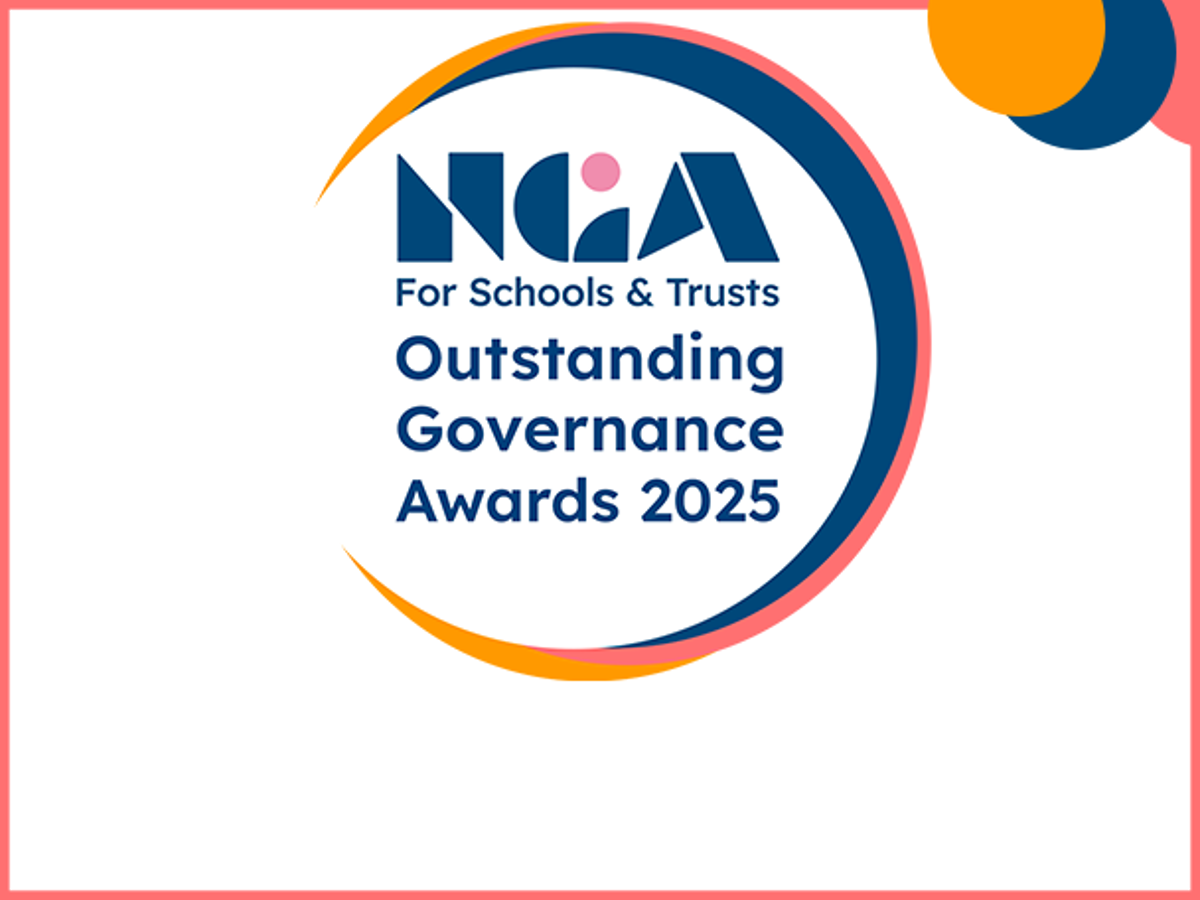Three key topics governors and trustees are talking about this term
This term brings big changes and big questions for governing boards. In this blog, explore three key issues shaping governance right now — Ofsted’s new inspection approach, the rise in parental complaints, and how boards can strengthen safety and inclusion through the Prevent duty.

As autumn gets into full swing, governing boards across the country are focusing on three key issues shaping the education sector right now. From changes to inspection, to growing parental complaints and the ongoing challenge of promoting safety and understanding in our schools, here’s what’s on governors’ and trustees’ minds this term.
1. Ofsted: understanding the new inspection approach
NGA members have been paying close attention to Ofsted’s new inspection approach, announced in early September. Yesterday, we hosted a discussion with Ofsted where more than 600 members heard governance being recognised and championed:
In the coming weeks, we will share a myth busting blog to explore your feedback on the new framework and shed light on questions you’ve been asking. We’ll also continue to support you with updated guidance and e-learning on Ofsted inspection. But remember, while inspection methodology may have shifted, the fundamentals of good governance haven’t changed. We should all remain focused on our strategic priorities, ensuring that school and trust improvement efforts have a real and lasting impact on pupils’ learning.
Regular evaluation is key to ensuring that your governance practice is effective. We recommend that boards complete some sort of self-evaluation each year and our 20/21 questions are a popular choice to support this process. You should also commission an external review of governance periodically (the DfE recommends every 3 years).
2. Complaints: tackling a growing challenge
The Department for Education (DfE) has acknowledged what many in the sector already know: the school complaints system isn’t working as it should.
Our recent report, The school complaints landscape, explores the sustained increase in both the volume and complexity of parental complaints. The research reflects governors’ and trustees’ unique perspectives and identifies where reform could most effectively reduce complaints and strengthen the system overall.
Many schools have demonstrated exemplary engagement with parents, but there is more to be done across the sector. As we noted in the report, we must avoid portraying parents as adversaries. Expectations have evolved, and strong, respectful relationships between schools and families remain essential.
Sam Henson, NGA Deputy Chief Executive, commented:“Many of the topics at the heart of the rise in complaints reflect systemic issues … we therefore need to go beyond previous approaches and understanding. This is not simply a matter of improving school-level policy or seeking to reduce incidents – we must learn more about the causes and what perpetuates them.”
Complaints continue to be one of the most common issues raised via our Gold Advice line. Being involved in complaints isn’t as simple as following procedure – we all want to support our school staff and achieve the right outcomes for pupils and families.
Trying to navigate complex complaints dispassionately can feel like a huge challenge and sometimes a lonely one. If you’re an NGA Gold or MAT member, call or email us to speak to a trusted, independent adviser who can offer support with any governance topic.
3. The Prevent duty: promoting safety and understanding
Sadly, themes of hate and intolerance are rarely far from the headlines at the moment. In a recent letter to schools, Education Secretary Bridget Phillipson extended condolences following the tragic incident at the Heaton Park Hebrew Congregation Synagogue in Manchester, writing:
“I know as teachers and school leaders, you work tirelessly to instil British values in our children – values of mutual respect and tolerance of those with different faiths and beliefs.”
The Prevent duty places a legal responsibility on schools and trusts to identify individuals at risk of radicalisation and intervene early. For boards, this means ensuring that safeguarding arrangements are effective, that staff receive appropriate training, and that pupils are supported to build resilience and understanding.
But it’s also about striking the right balance: ensuring that Prevent is implemented fairly and proportionately, without instilling fear or alienation. Boards can use our Prevent duty monitoring toolkit to start constructive conversations about policy, risk assessment, and the wider culture of inclusion and safety.
Supporting you
We know governors, trustees and governance professionals are balancing many priorities this term. Governance can feel demanding at times, and so we hope NGA’s work helps you to feel informed and connected. We’re all working towards the same goal: ensuring our schools and trusts serve every child and community well.

Ella Colley
Head of Content and Publishing
As Head of Content and Publishing, Ella leads the development and delivery of NGA’s cross-organisational content strategy, ensuring clarity, consistency, and an audience-first approach across all member-facing content. She oversees core outputs including NGA’s Knowledge Centre, Governing Matters magazine, newsletters and research reports, making sure they are accurate, relevant, and impactful.

































